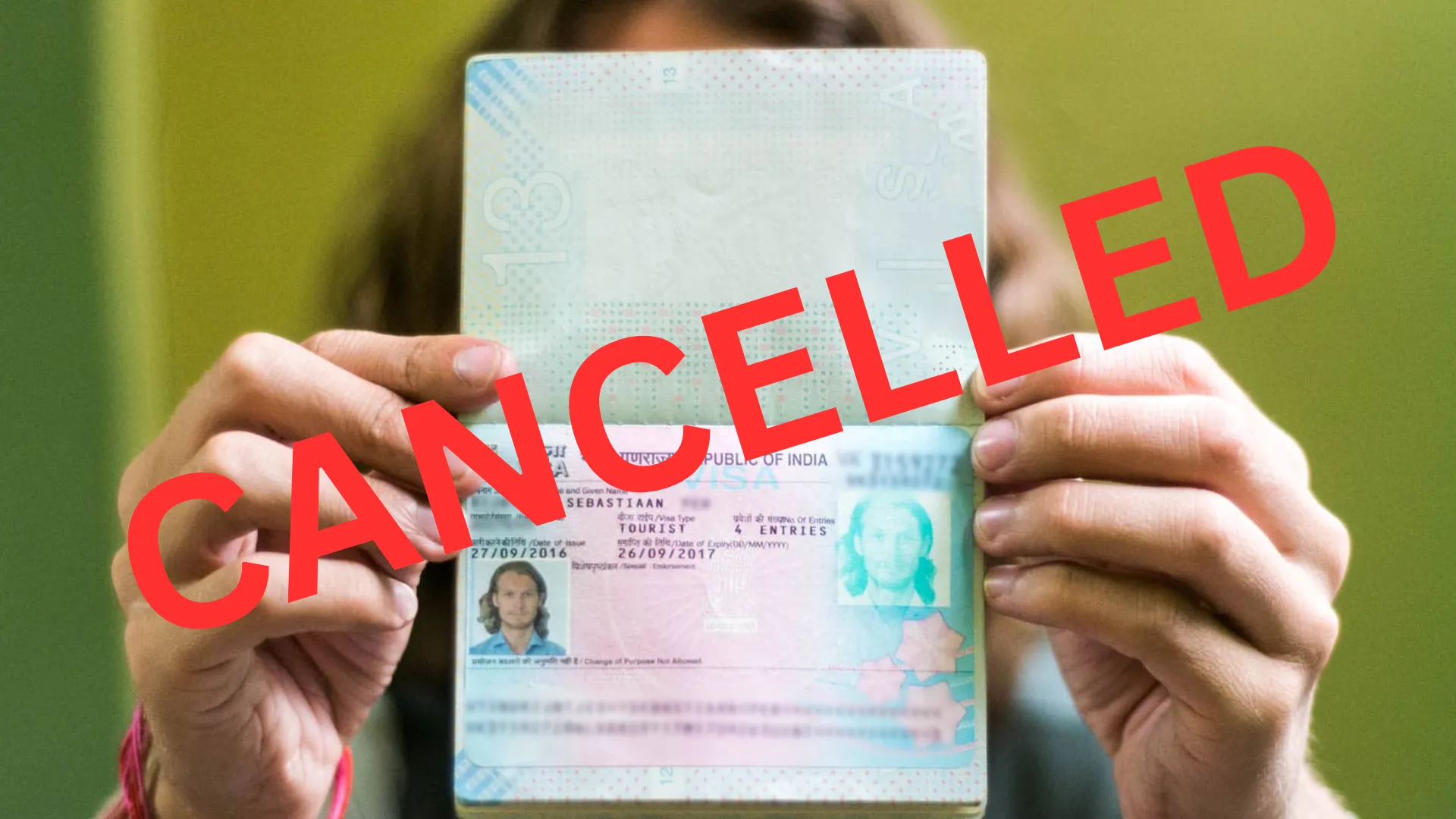Pakistani Youth Appeals for Time: “I Studied, Voted, Lived Here”
Osama, a young Pakistani national, has lived in India for the past 17 years and now faces deportation following the Indian government’s decision to cancel all Pakistani visas in the aftermath of the Pahalgam terror attack. Speaking to ANI, Osama said he is currently pursuing his bachelor’s degree and had planned to attend job interviews after his final exams.
“I have been staying here for the last 17 years. I appeal to the government to give us some time,” he said. Osama added that he has completed his Class 10 and 12 education in India, holds a ration card, and has even voted here.
“Whatever happened there (Pahalgam) is wrong. I condemn this incident. It is a very shameful act… But I have built my life here. What will I do there? What is my future there?” he asked, expressing uncertainty and distress about returning to Pakistan.
Advertisement · Scroll to continue
41 Years In India, But One Attack Sends Her Home
Another Pakistani citizen, visibly emotional at the Attari border, said she was forced to leave her four daughters behind. “I am leaving behind my young daughters at home. We are being punished for the attack in Kashmir,” she said, clutching her bag and memories.
She added, “It has been 41 years since I am living here. I have no mother, no father, no brother and no sister. I have no place to go. We appeal to the government to stop all this that is happening.”
Pahalgam Attack Sparks Diplomatic Shutdown
The terror attack in Pahalgam on April 22 shook the region and instantly ramped up tensions between India and Pakistan. The brutal strike, which killed 26 people—mostly tourists—sparked outrage and led to fast, hard-hitting action. The Indian government didn’t just condemn the attack; it cut all diplomatic and civil ties with Pakistan and cancelled every visa held by Pakistani nationals living in India.
The move marked a serious shift in relations between the two neighbours, which have been on a shaky path for years. Talks have come and gone, but this time, the government made it clear: no more tolerance. Over 700 Pakistanis were told to leave India within days, and the impact was deeply personal for many.
At the Attari border, the mood was heavy. People weren’t just leaving a country—they were leaving behind homes, families, memories, and decades of life. For many, India was the only home they’d known. Now, they were heading to a place they barely remembered or never really knew.
The fallout from Pahalgam wasn’t just political—it changed lives overnight, shutting doors some had walked through for years.
(With Inputs From ANI)























